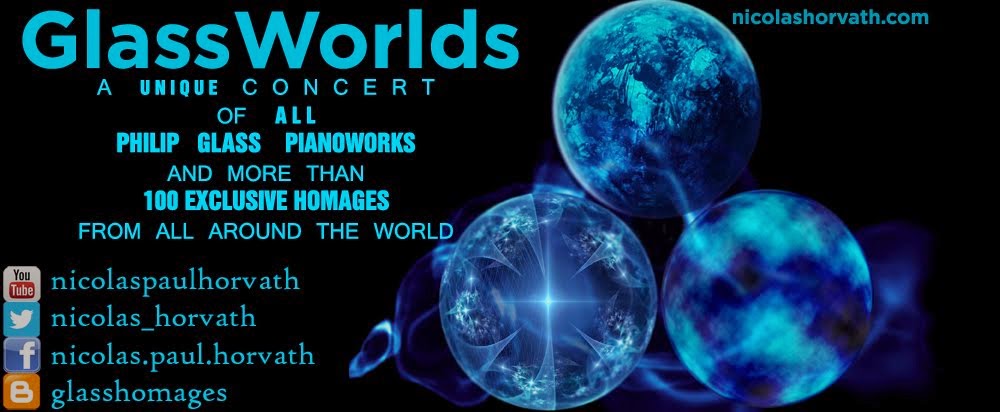Biography
Mihkel Kerem
Since his early teens Mihkel Kerem has been a prolific composer. His work has a wide range of influence, from Shostakovitch to Schoenberg.
Compositions to date include 3 Symphonies, 3 Concertos (violin, viola and two cellos), and 10 other works for orchestra. Chamber compositions include 9 String Quartets, a String Sextet, a String Octet, 3 Sonatas for Violin and Piano, 2 Wind Quintets and several pieces for piano.
Mihkel’s works have been performed in the USA, Russia, UK, Germany, Holland, and many other European countries. He has been composer in residence at the Schleswig Holstein Music Festival in Germany and the Aurora Chamber Music Festival in Sweden. Performers have included the Estonian National Symphony Orchestra with Neeme Järvi, the Tallinn Chamber Orchestra, Oulu Sinfonia, Joensuu City Orchestra, Camerata Nordica and the Chilingirian String Quartet: several concerts have been dedicated solely to his music.
In 2012, Toccata Classics released a CD of his 4 Violin Sonatas. A second CD of Symphony No. 3, Lamento for Viola and Strings and the String Sextet was issued in 2013.
Mihkel is published by Fennica Gehrman publishing house.
As a solo violinist, Mihkel has played with many orchestras including the Tallinn Chamber Orchestra, Estonian Opera Orchestra, Brandenburg Sinfonia, Southbank Sinfonia. He has performed all the major concertos, as well as some lesser known works, such as Trandafilovski’s violin concerto (of which he gave the London premiere in 2004).
He has frequently lead and directed tours with Camerata Nordica and been the leader of Southbank Sinfonia and Estonian National Symphony Orchestra. As a guest, he performs with the Amsterdam Sinfonietta, English Chamber Orchestra, Royal Liverpool Philharmonic Orchestra and the London Chamber Orchestra.
Mihkel is the leader of Brandenburg Sinfonia and section principal in Camerata Nordica.
Broken Glass
(by the composer himself)
Broken Glass as the title suggest, is my attempt in minimalism. The idea that music that we hear does not start and finish, but is just a cutout of music that has always been and always will be, is constructed on minimal changes in rhythmical texture with harmonic development coming from mathematical overlaps. The piece is describing falling glass particles in an academic way and sounds like a very broken piece of music by Glass.



-1.jpg)
Aucun commentaire:
Enregistrer un commentaire